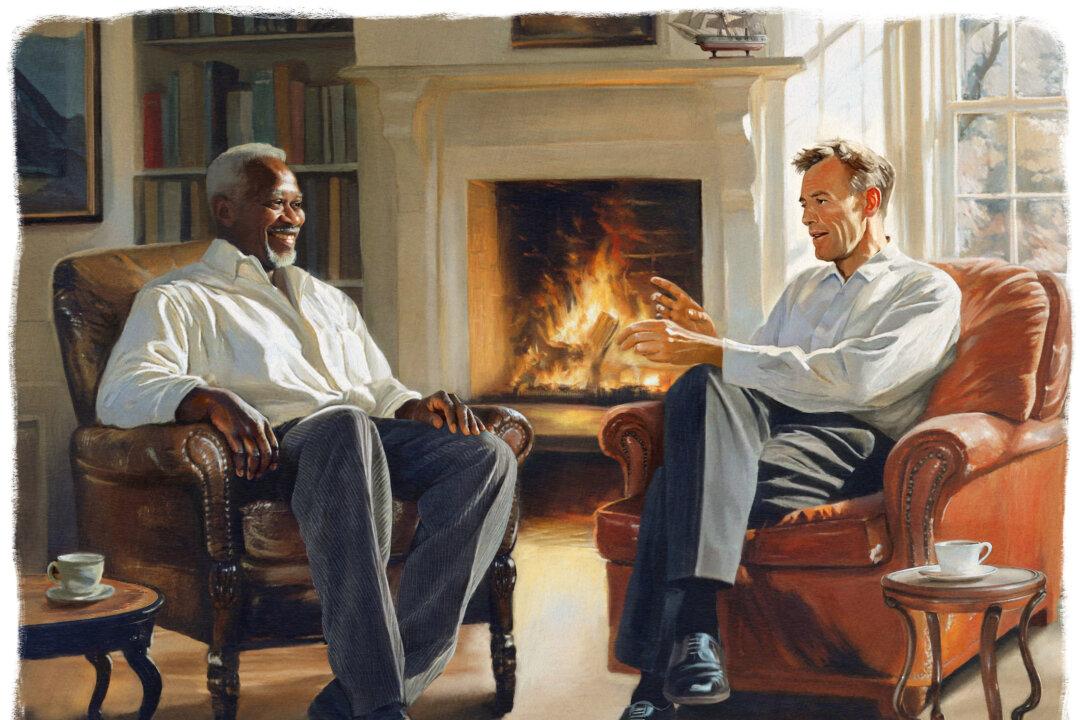“So many great conversations never happen,” professor John Cuddeback writes on his blog, Life Craft. “There is nothing like sharing insights with a friend into things that matter, and even things that don’t matter so much. But why is it so difficult?”
Conversation—true, deep, meaningful conversation—is one of the greatest gifts we can experience in our human interactions, and yet such conversations are not all that common. Increasingly, they are shoved to the margins of life by our addiction to technology, our overfilled schedules, and our growing cultural anxiety and isolation. Fewer and fewer people understand the art of conversation, an art so intimately tied to our very humanity. For what is more profoundly human than thinking together with others about important matters? As Aristotle says, humans are both rational and social animals. When you combine those two aspects of our nature, the natural result is conversation.






